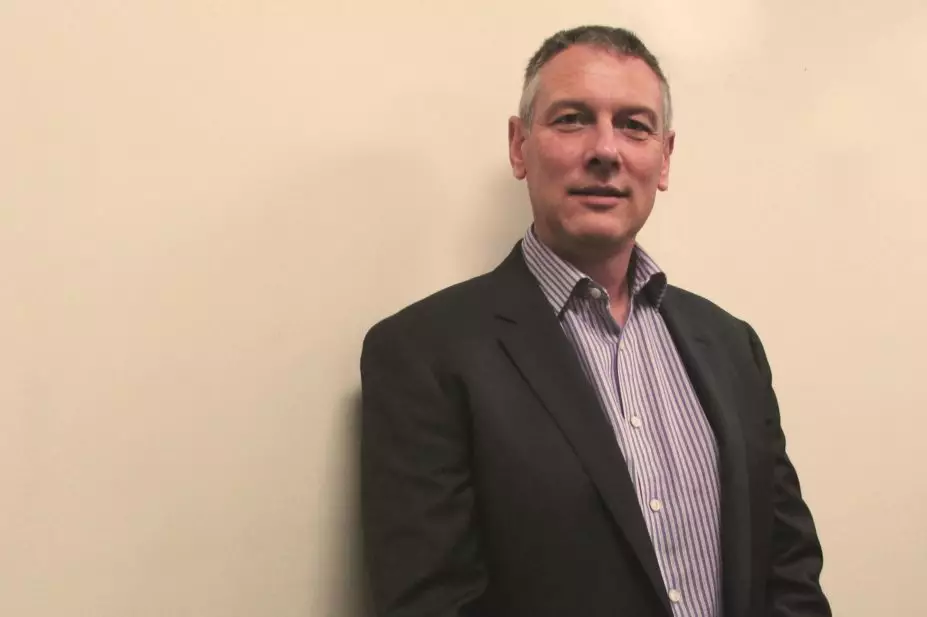
Emma Page
The skills and training that pharmacists need to work in GP surgeries will be assessed by officials before the position can be rolled out across England, a senior NHS England figure has said.
Bruce Warner, deputy chief pharmaceutical officer, said “the time is right” for more pharmacists to work as part of GP practice teams across the country, a proposal outlined by the Royal Pharmaceutical Society (RPS) and the Royal College of General Practitioners (RCGP).
But the NHS must first understand what the role will require of pharmacists and assess whether pharmacists possess the skills and experience needed, he said, warning that the NHS “can’t be reckless” in how it approaches the initiative.
We hope [the joint statement] will be developed further and become a sustainable and consistent model across the country
The RPS and RCGP insisted the proposals should be enacted without delay, arguing that imposing specific training requirements could inhibit pharmacists from taking on this expanded role in primary care.
The two organisations published a joint statement at an event at The King’s Fund in London on 17 March 2015 in support of the role, which they believe can improve pharmaceutical care for patients and address a shortage in the GP workforce.
Speaking at The King’s Fund event, Warner said: “We hope [the joint statement] will be developed further and become a sustainable and consistent model across the country. To do that, we need to make sure that our pharmacists working in those situations are fit for purpose; that they have the skills [to] actually deliver that service in a consistent way.”
He said Health Education England and the Centre for Pharmacy Postgraduate Education (CPPE) would be considering the training and skills required by pharmacists. “We do not want to set people up to fail,” he said. “We need to make sure, for the benefit of our patients, we can get this right.”
‘We need to get on with it’
David Branford, chair of the English Pharmacy Board of the RPS, said setting specific standards for training and skills was unnecessary. “Pharmacists have many of these skills already, and the GP need at the moment is huge. To develop and put in requirements for all kinds of additional this and that will really not be helpful at all at this stage. We just need to get on with it, and we need to get on with it at pace and speed.”
Pharmacists have many of these skills already, and the GP need at the moment is huge
David Branford, chair of the English Pharmacy Board of the RPS
Maureen Baker, RCGP chair, said pharmacists and GPs were “both independent regulated professions, who understand what they’re competent to do and not do”, adding that pharmacists could adopt many roles in general practice without needing higher level qualifications and skills.
“I would like to see practice-based pharmacists have access to appropriate education so they can develop skills and extend their capabilities,” she said. “But I really don’t want to see constraints put on at the moment to inhibit the opportunity for pharmacists to move into general practices within the very near future.”
I really don’t want to see constraints put on at the moment to inhibit the opportunity for pharmacists to move into general practices
Maureen Baker, RCGP chair
Warner responded: “We do need to see this happen at scale and at pace. But we can’t be reckless. These are new ways of working, new roles, and we need to work out exactly what the role is. We need to work out what it is we’re asking pharmacists to do in these roles, and make sure that we have the right pharmacists in place to do that.”
‘We can’t afford to get it wrong’
Warner argued that not all pharmacists will have the necessary skills for a patient-facing role in general practice. “I completely agree with Maureen and David — the time really is right, we have an opportunity now, we can’t mess about for years trying to work this through, it all has to be done very quickly. But equally we can’t afford to get it wrong either, and we have to make sure this is a successful initiative, and so there’s still a little work to do.”
What we don’t want is that there is some kind of disincentive built in by requiring the pharmacist to have particular qualifications and courses
David Branford
Speaking to The Pharmaceutical Journal, Branford says: “I think there’s a balance to be reached on this. What we don’t want is that there is some kind of disincentive built in by requiring the pharmacist to have particular qualifications and courses.” He said this could prove to be a barrier to the role being adopted at scale.
On the day of The King’s Fund event, the RPS published a ‘job specification’ for the practice-based pharmacist role, which included RPS Faculty membership.
Several pharmacists on Twitter expressed concern that this implied Faculty membership would be required to work in general practice. The RPS later issued a statement clarifying that this was an ‘example’ job description and that Faculty membership was only “one way” of proving competence to employers.
You may also be interested in
Long service of members

Membership fees 2022
